Kelsey is a freelance writer based in Southern Virginia. She enjoys traveling with her family to destinations from national parks to amusement parks and loves sharing tips and stories from along the way.
Traveling has become more accessible than ever before, leading to a surge in global tourism. But does this travel surge have a dark side?
While tourism comes with economic benefits, it also goes hand in hand with negative environmental impacts. Let’s explore the ten ways our travel habits can harm the environment and what we can do to minimize our impact.
Read the original article on Sampling America.
Air Travel and Carbon Emissions

Air travel is a major contributor to carbon emissions, releasing greenhouse gases into the atmosphere. Burning jet fuel contributes to climate change, leading to rising temperatures, melting glaciers, and extreme weather events. Consider reducing air travel and opting for alternative modes of transportation like trains or buses, which use less fuel and release less carbon dioxide into the air.
Overconsumption of Resources
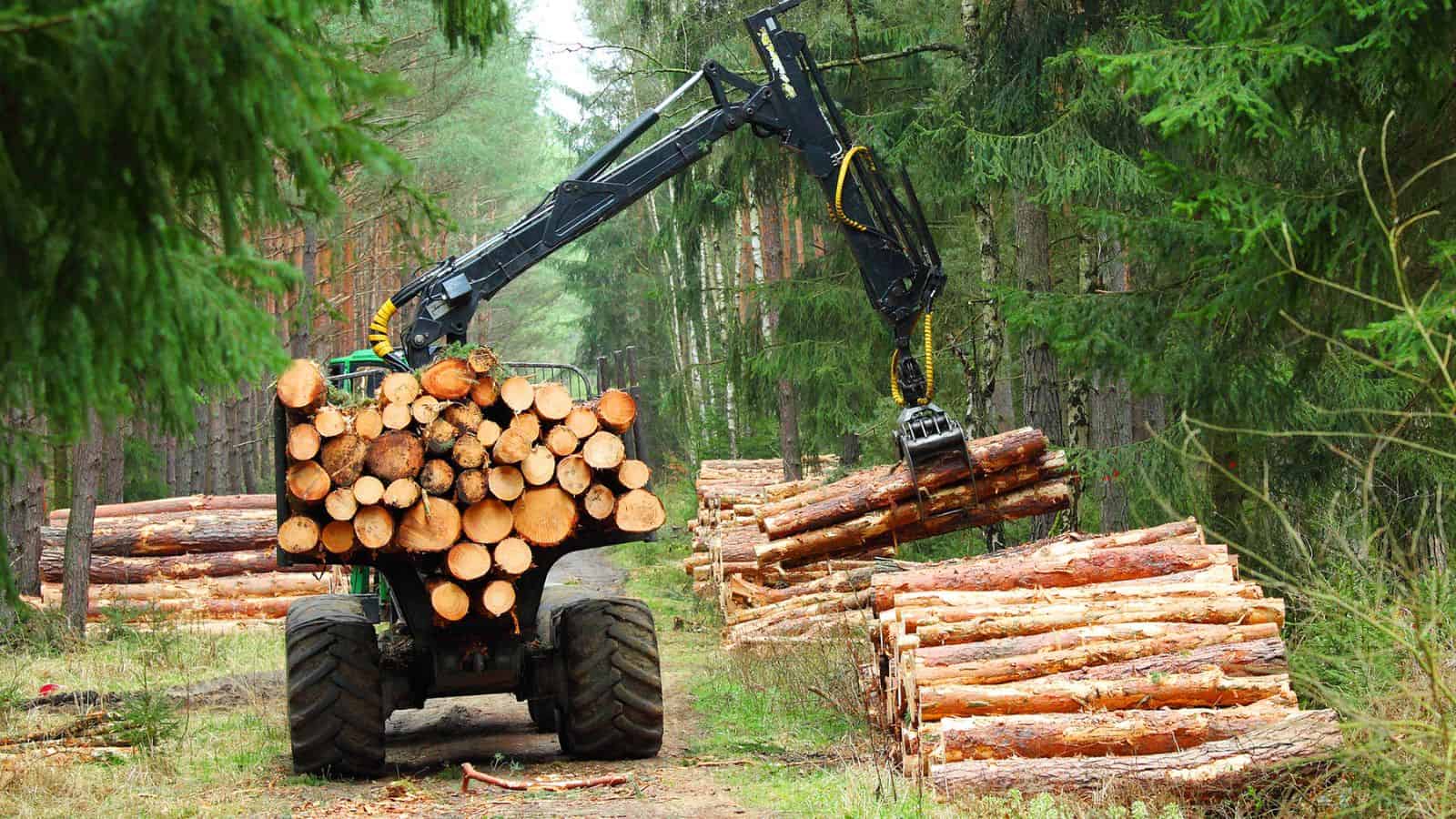
While tourism can boost a local community’s economy, the tourism industry also places heavy demands on the community’s resources. Local communities often struggle to meet the increasing demands for water, energy, and food, leading to overexploitation of natural resources. Be mindful of your resource consumption while traveling and support businesses that prioritize sustainability.
Wildlife Disturbance and Habitat Destruction

Tourism activities can have a significant impact on wildlife and their habitats. For example, developing tourist infrastructure can destroy crucial ecosystems and displace indigenous species. Even in destinations that promote habitat conservation, like national parks, tourists should be careful to leave no trace and avoid polluting the parks with garbage and disturbing wildlife. Choose wildlife-friendly activities that promote conservation and respect for animal habitats.
Water Pollution and Coastal Erosion

Mass tourism can have detrimental effects on our oceans. It often contributes to water pollution and coastal erosion, causing harm to marine life and degrading the delicate ecosystems along the coast. To counteract this, we can make a difference by using eco-friendly products, reducing plastic consumption, and actively participating in beach clean-up initiatives.
Waste Generation

The tourism industry can be trashy- literally! Tourism generates a tremendous amount of waste, including plastic bottles, food packaging, and other non-biodegradable materials. In many destinations, inadequate waste management leads to pollution and environmental degradation. Practice responsible waste management by recycling and minimizing single-use items.
Deforestation

New accommodations and tourist attractions are built when business is booming, and those structures have to go somewhere! The construction of hotels, resorts, and other tourism-related infrastructure often involves deforestation. This leads to the loss of valuable ecosystems and contributes to climate change. You can help counteract this by choosing accommodations that prioritize sustainable practices and support reforestation efforts.
Damage to Fragile Ecosystems
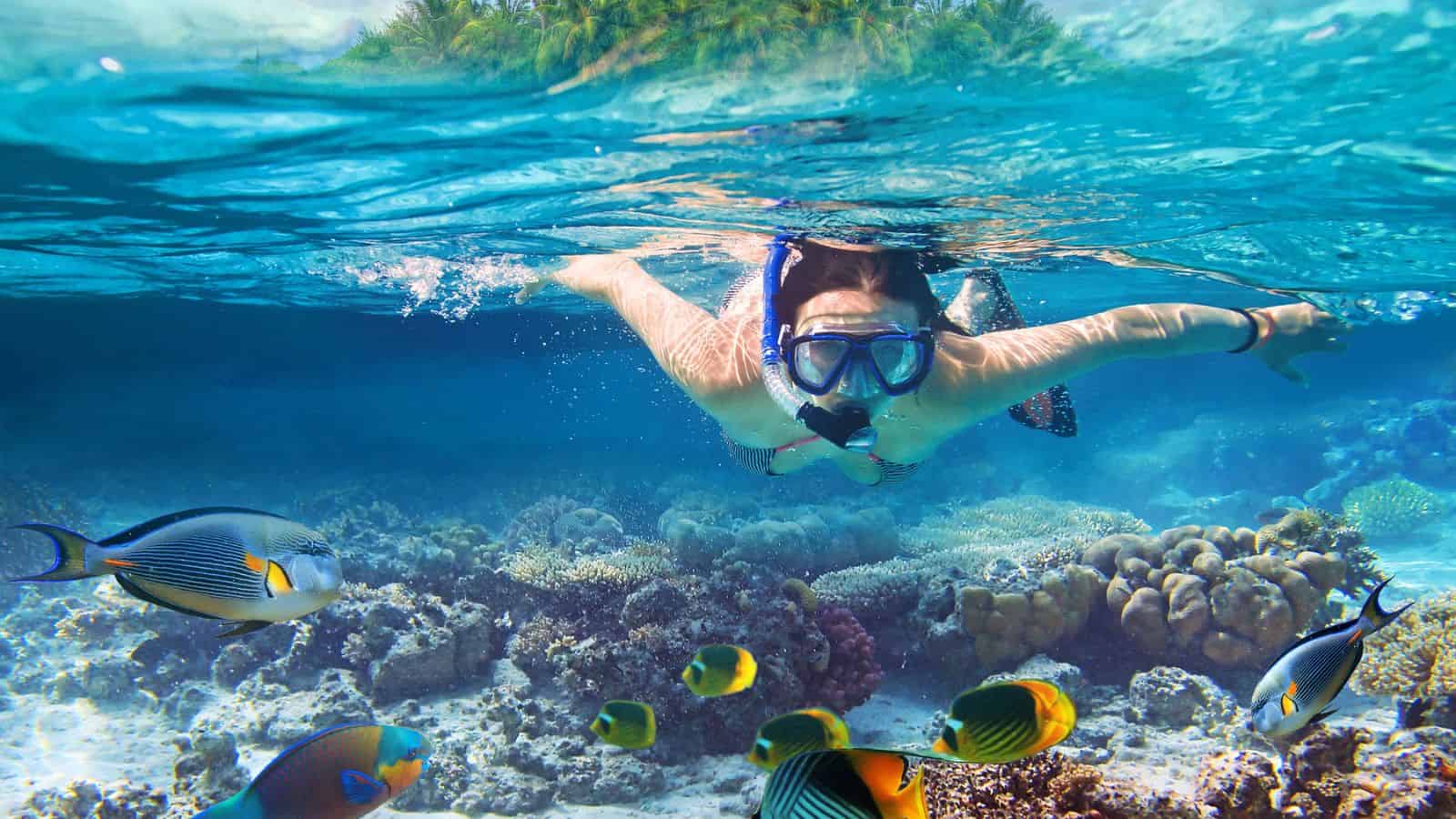
Ecosystems such as coral reefs, rainforests, and wetlands can be incredible places to visit for their beautiful and diverse wildlife, but they are also highly vulnerable to the impacts of tourism. Irresponsible tourist activities like snorkeling near coral reefs or off-road driving in protected areas can cause irreparable damage. Before you travel, please educate yourself about these ecosystems and follow guidelines to ensure their preservation.
Cultural Disruption and Overtourism

Many residents are glad to share their local culture with travelers, but having too much of a good thing is possible! Overtourism, particularly in popular destinations, strains infrastructure and degrades the quality of life for residents. Learn about the local culture before traveling to a new destination and embrace tourism practices that respect local customs and support local businesses.
Water Usage

Tourists often use a lot of water, especially in areas where water is scarce. This can lead to water shortages and damage to local ecosystems. As travelers, we can take simple steps to mitigate these issues, such as taking shorter showers, turning off the tap while brushing our teeth, and reusing towels instead of requesting new ones daily.
Destruction of Cultural Heritage
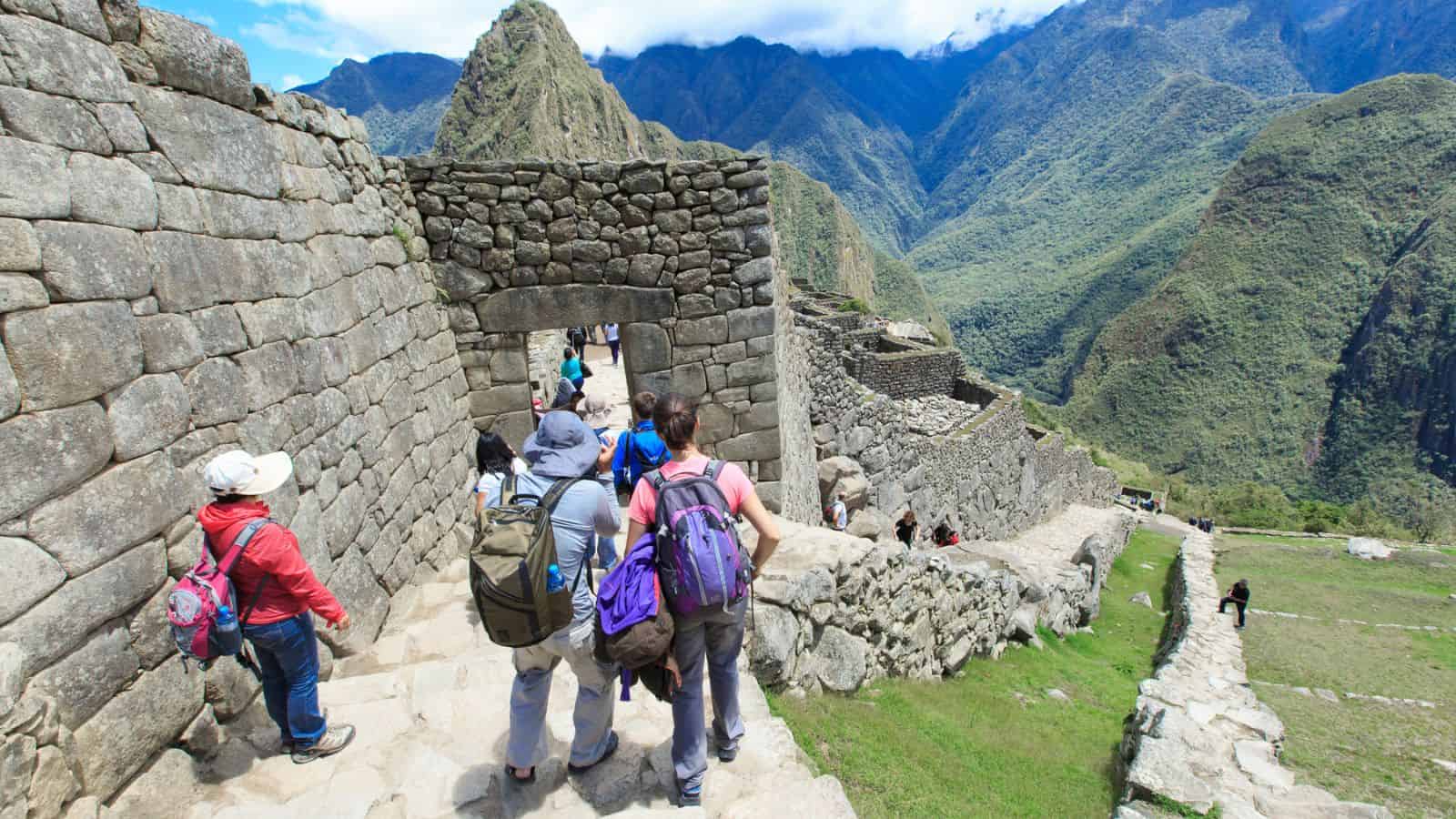
Uncontrolled tourism can lead to the destruction of cultural heritage sites, including historic buildings and artifacts. We can respect important cultural and historical sites by following all rules and regulations set forth by authorities at the site. In addition, travelers should avoid touching or removing artifacts from cultural sites.
The 16 Best National Parks to Visit in June For Summer Fun
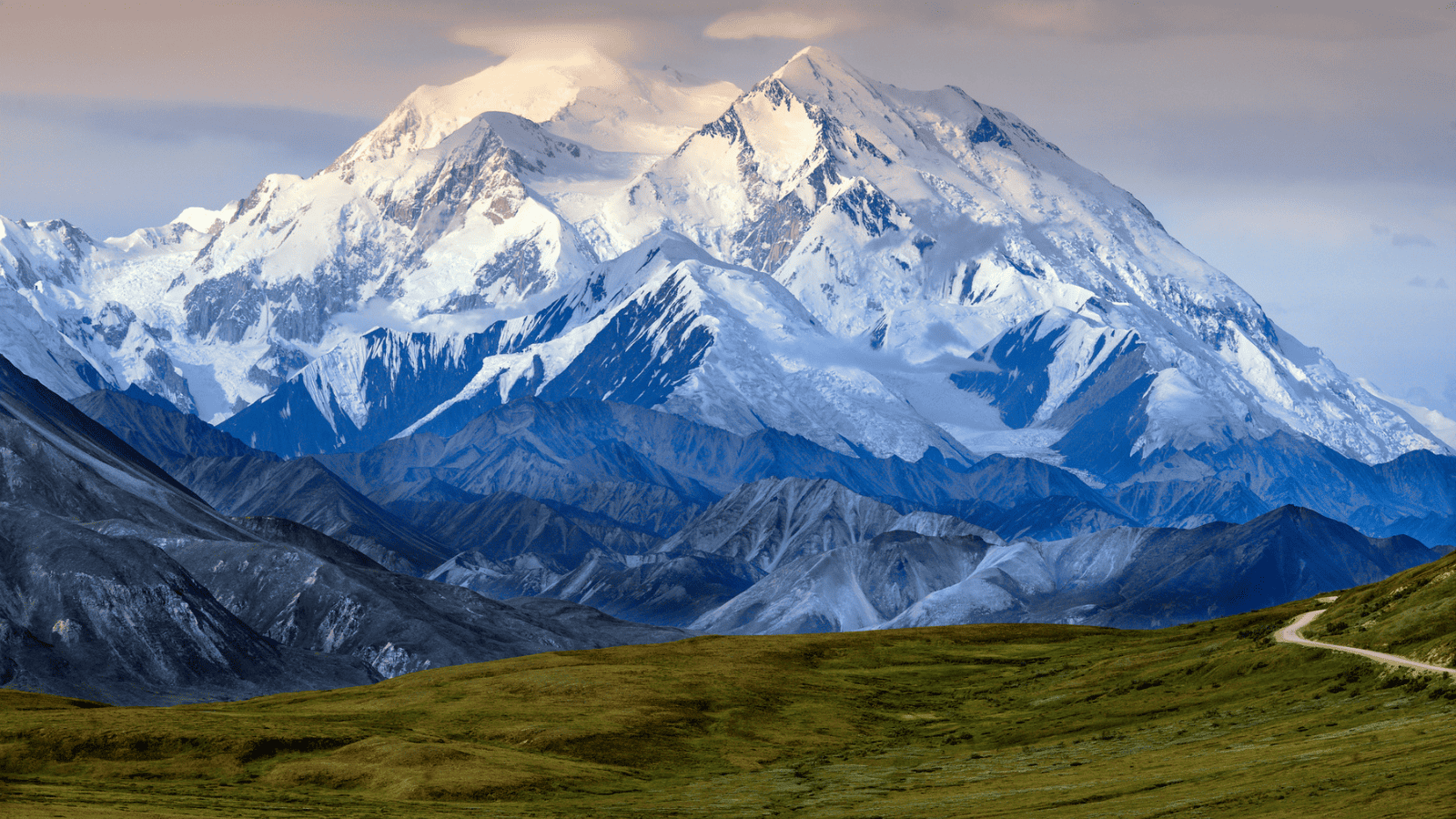
Are you looking for the perfect summer adventure? Look no further than these top national parks to visit in June! From the stunning wildflower displays at Lassen Volcanic National Park to the world-class whitewater rafting at New River Gorge National Park, this article provides insider tips and recommendations for an unforgettable outdoor experience. Don’t miss out on the chance to explore these breathtaking natural wonders during one of the best months of the year!
6 National Parks To Avoid This Summer (And The Alternatives)
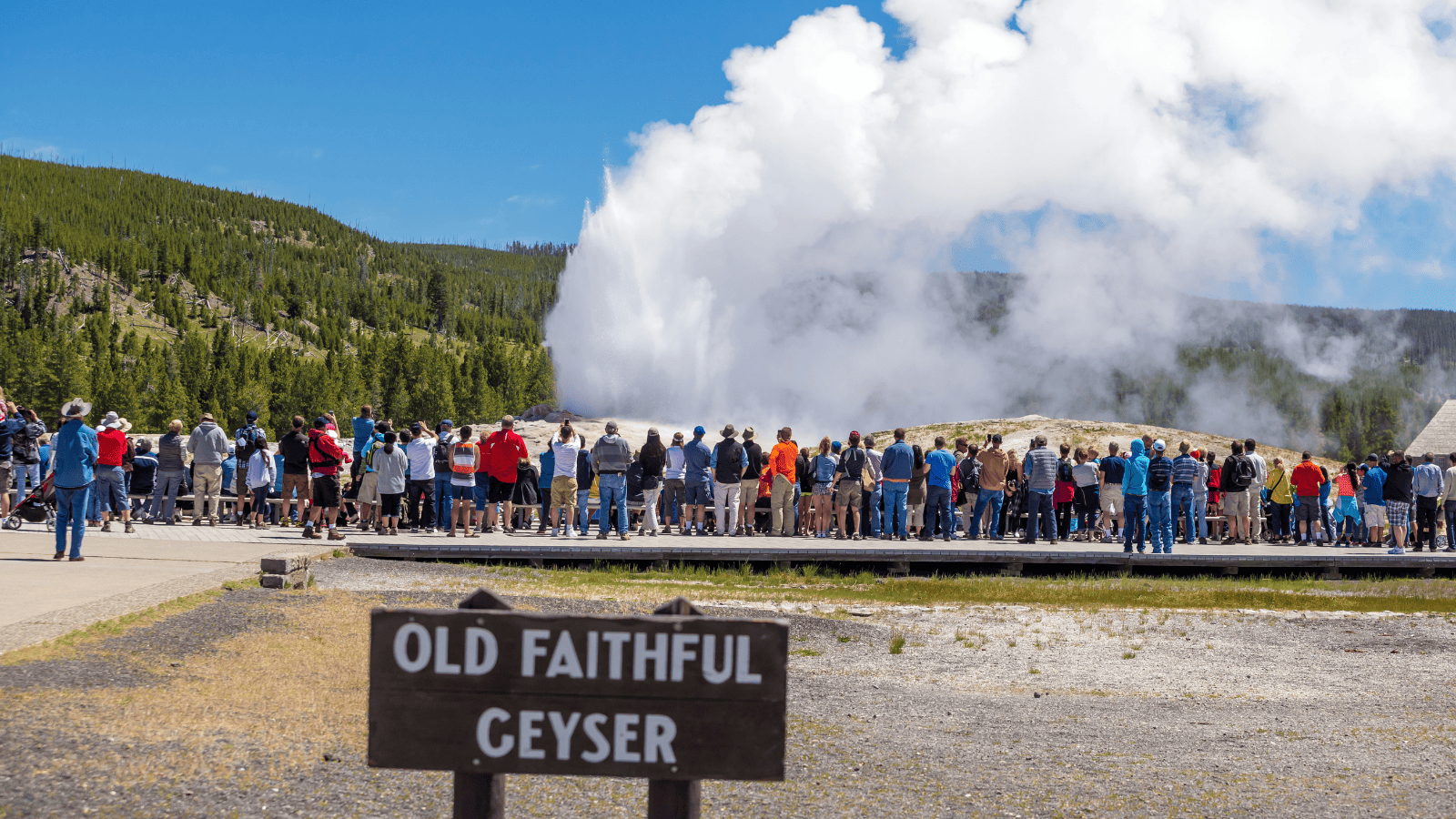
Are you planning a summer trip to a national park but want to avoid the crowds? Look no further than this article, which provides insider tips on which popular national parks to avoid and offers recommendations for six alternative destinations that offer unique experiences and stunning natural beauty. From exploring rugged peaks and pristine lakes at North Cascades National Park to discovering the geological history of Capitol Reef National Park, this article has everything you need to plan an unforgettable outdoor adventure this summer.
Best 16 Utah Vacation Spots
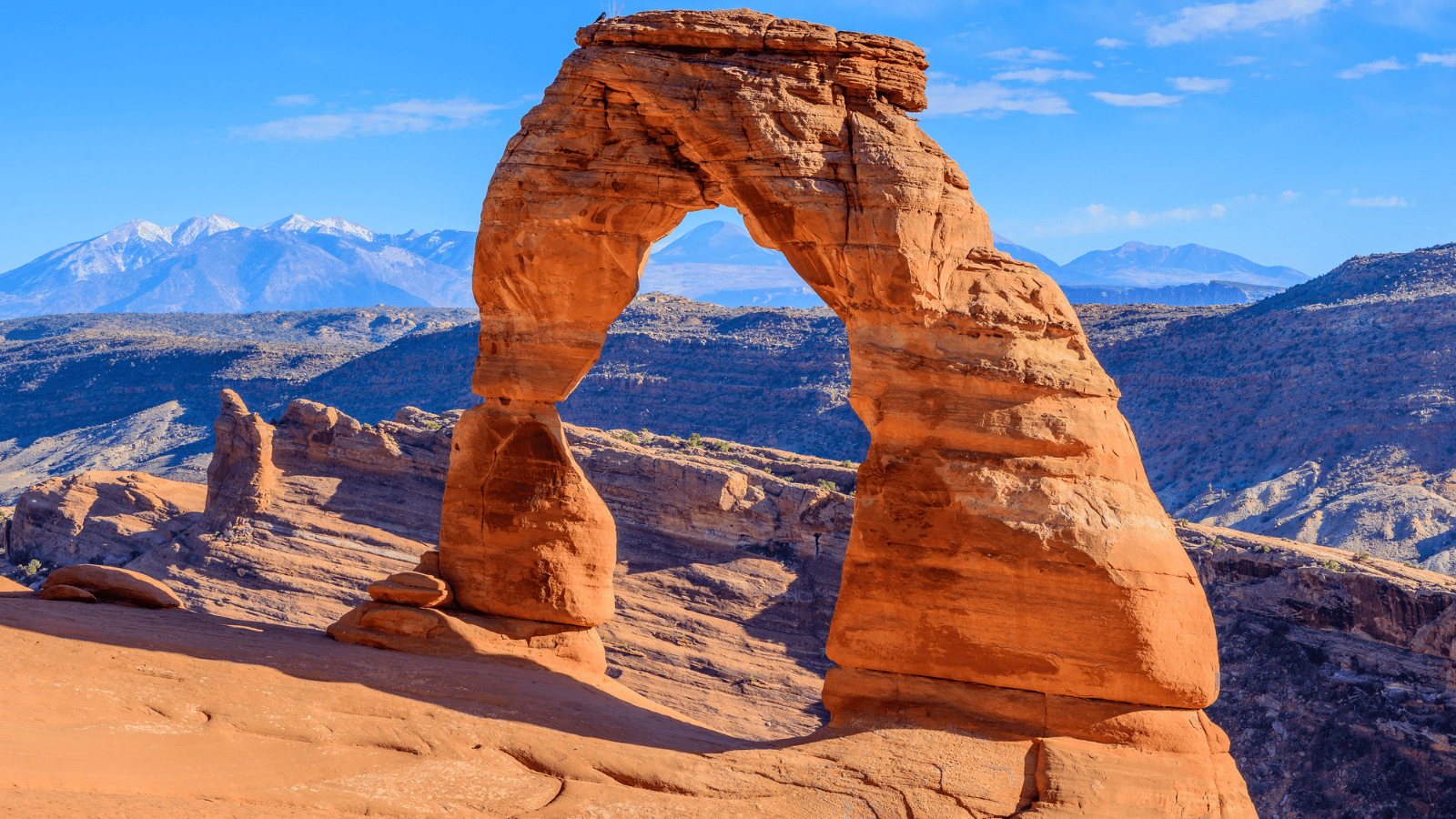
Are you looking for an unforgettable vacation spot with breathtaking natural beauty? Look no further than Utah! With stunning national parks like Zion and Bryce Canyon, as well as unique attractions like the Homestead Crater and Dead Horse Point, Utah has something for everyone. This article provides insider tips and recommendations for the best places to visit in Utah, from hiking to skiing to soaking in natural hot springs. Don’t miss out on the chance to explore this incredible outdoor playground!
5 Waterfalls in Zion National Park For A Fabulous Day Out
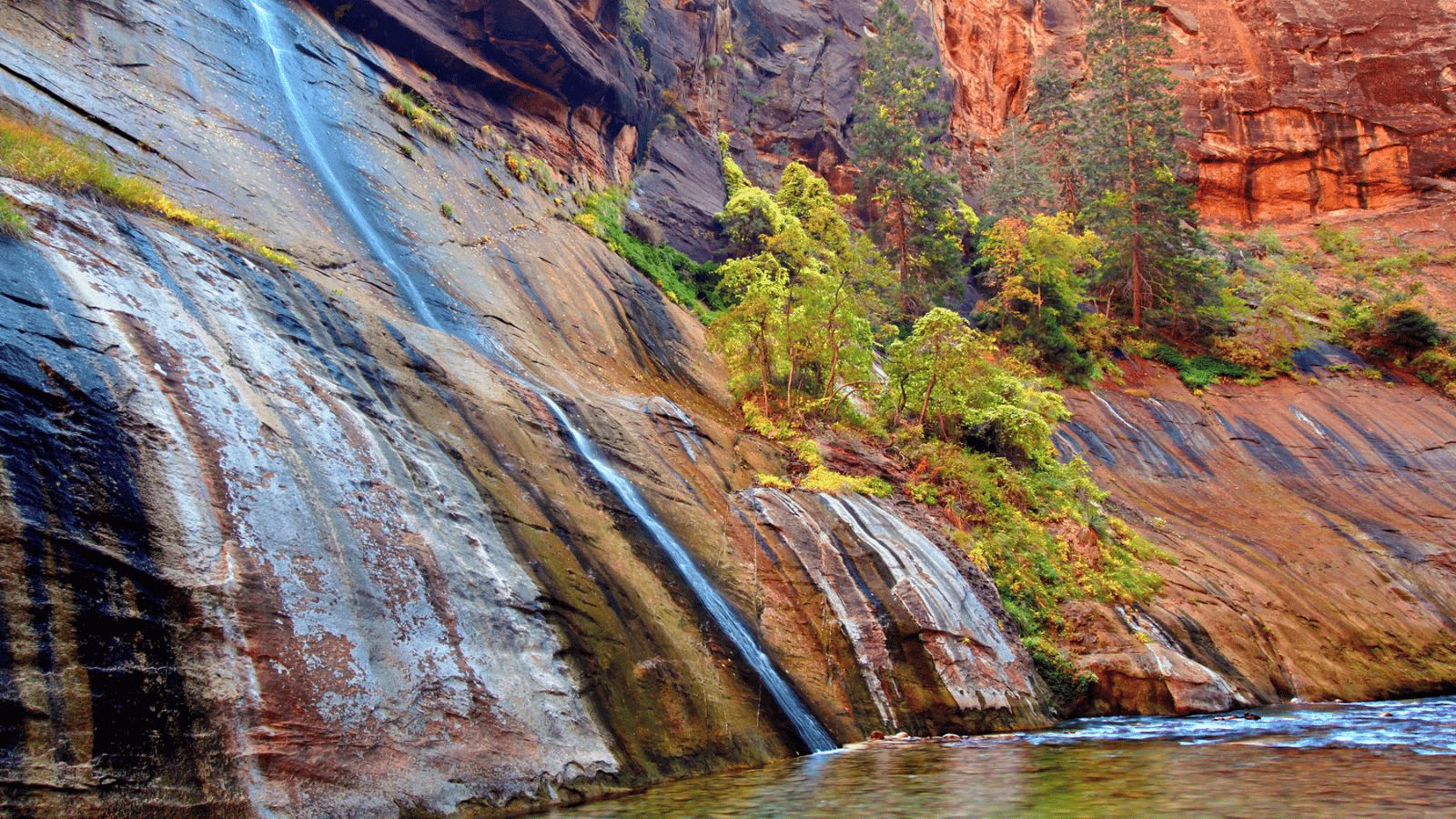
Are you a nature enthusiast looking for an outdoor adventure that will take your breath away? Look no further than Zion National Park in southwestern Utah! This article explores the park’s stunning waterfalls, including the moderate hike to Archangel Falls and the more challenging Upper Emerald Pools. But that’s not all – the article also highlights other natural attractions in the park, such as The Great White Throne and the Court of the Patriarchs. Don’t miss out on the chance to explore this gorgeous landscape and experience the beauty of Utah’s unique natural wonders!

